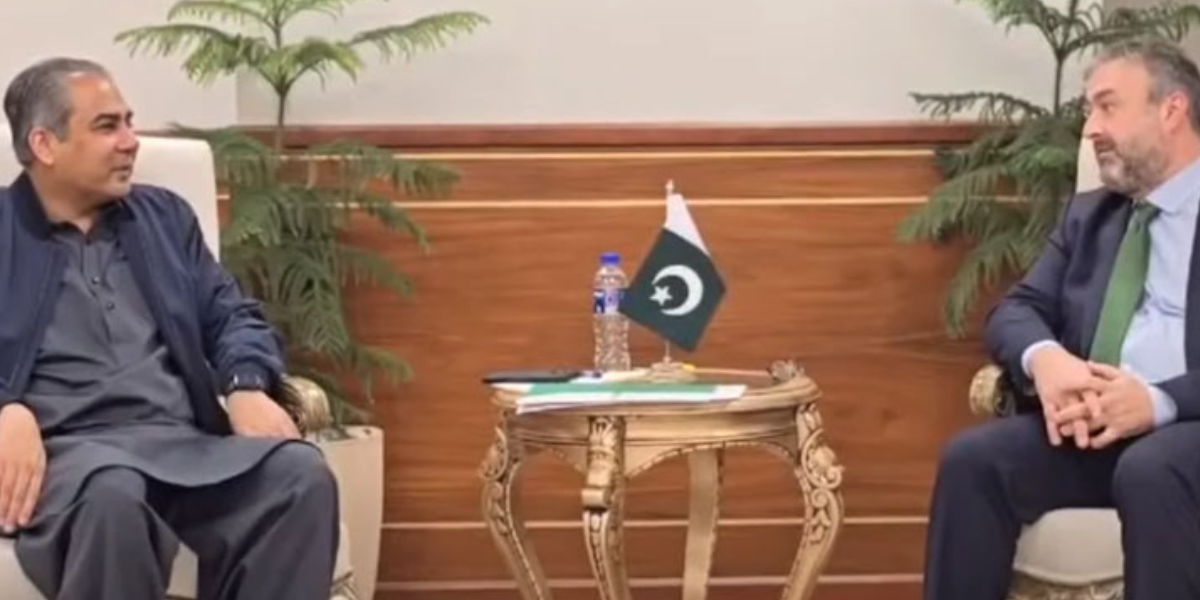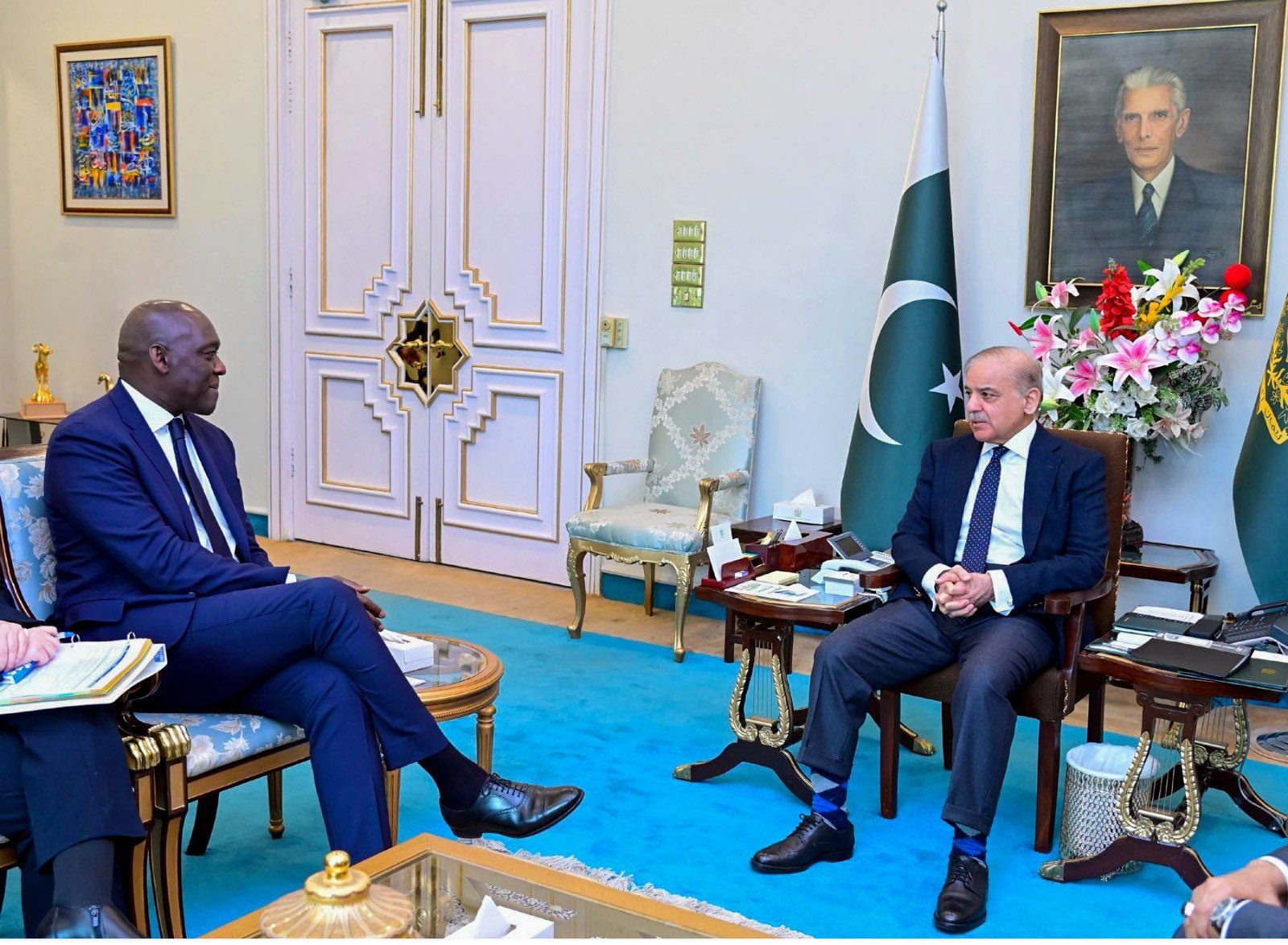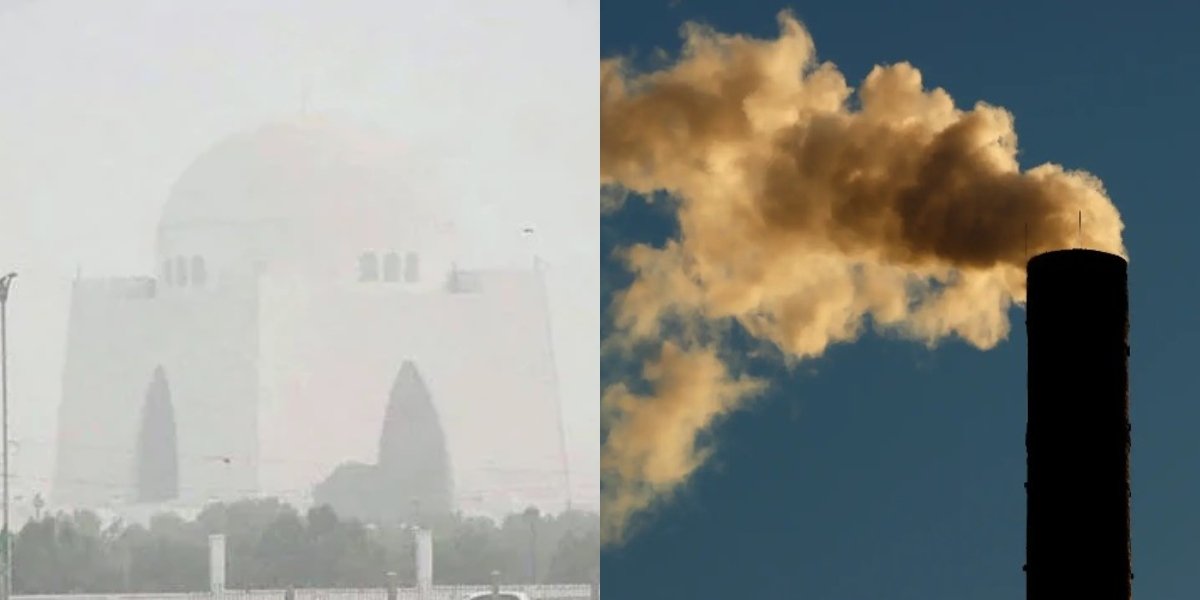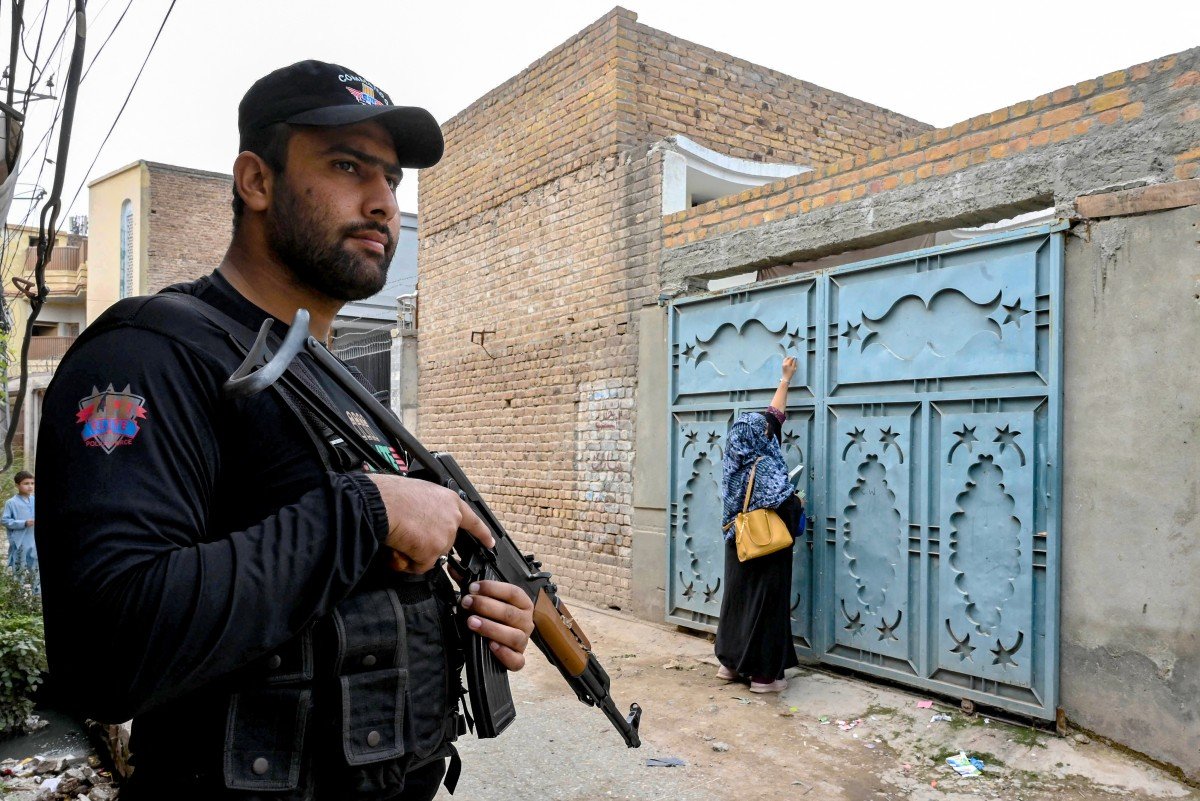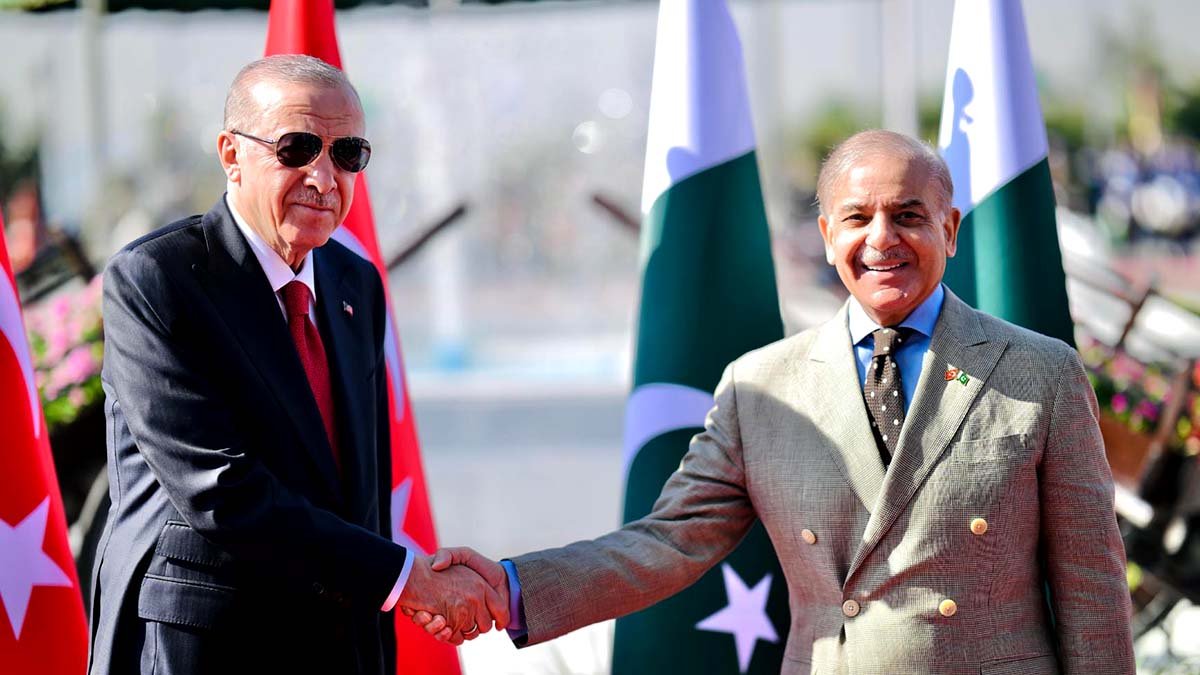ISLAMABAD: Federal Interior Minister Mohsin Naqvi met with World Bank Country Director Najy Benhassine on Thursday to discuss a new partnership to help combat smog and further sustainable development in the capital.
The meeting took place against the backdrop of deteriorating air quality in Punjab. It brings to the fore the dire situation of cities like Lahore and Multan, where the Air Quality Index has crossed the 2,000 mark—a new benchmark for bad air. Islamabad has not remained immune to it, as AQI has gone up to an alarming 271 levels, prompting a government to call for long-term solutions.
Naqvi and Benhassine agreed to form a joint team of experts from the World Bank and the Capital Development Authority (CDA) to design and implement an anti-smog strategy. “Before the situation becomes hazardous, we must urgently implement a comprehensive anti-smog plan,” said Naqvi, highlighting the importance of swift action.
Key points in the collaboration are improving public transportation through electric buses, improving sanitation, improving slum areas, and providing clean drinking water for the residents. Naqvi further said that it also worked to install anti-smog machines so Islamabad would remain one of the most beautiful capitals worldwide.
Benhassine reaffirmed the World Bank’s support, highlighting the need for international standard reports to address pollution at its root. “We are ready to work with the CDA to develop an effective anti-smog strategy,” he stated.
Senior officials, such as the federal interior secretary, CDA chairman, and Islamabad’s deputy commissioner, attended the meeting, marking a collective commitment to keeping the environment cleaner and healthier for residents and visitors.





